#nhtsa
GM Says Updated U.S. Emissions Rules Will Cost Auto Industry Billions in Fines
The National Highway Traffic Safety Administration (NHTSA) will soon release its proposal to increase Corporate Average Fuel Efficiency (CAFE) requirements and General Motors has signaled its concerns regarding how much more money it will cost the automotive industry. GM is estimating that the new rules could result in manufacturers paying $100-300 billion in emission fines between 2027 and 2031.
However, the Biden administration has reportedly said it’s highly dependent on which plan is implemented — suggesting industry penalties would vary heavily between companies and average out to be far lower than GM has claimed.
U.S. Regulator Proposes Updated Rules for Autonomous Vehicles in Exchange for Data
The National Highway Traffic Safety Administration (NHTSA) proposed a new national program to update the regulations surrounding autonomous vehicles this week. Updated rules would presumably allow automakers to field more self-driving test vehicles on public roads than we’ve seen thus far in exchange for those companies sharing the data those cars collect with the government.
Due to the fact that any autonomous vehicle lacking human controls (e.g. steering wheels and pedals) have to be given exceptions from the Federal Motor Vehicle Safety Standards (FMVSS) to legally operate in populated areas, NHTSA leadership believes that having access to the data they’ve collected will be useful in informing decisions on how the rules could be changed. The claim is that the resulting information will help regulators update safety standards to incorporate self-driving vehicles. But it’s also going to be a privacy issue, as citizens have already expressed their dismay with automakers even considering sharing AV data with local authorities.
Brake Recall Impacts 124,000 Honda and Acura Vehicles
A handful of Honda models, and one from Acura, are under recall over a defect that could limit braking functionality. Impacted vehicles include the 2020-2021 Honda Civic, 2021-2023 Honda Passport, 2021-2022 Honda Pilot, 2020-2023 Honda Ridgeline, and 2020 Acura MDX.
NHTSA to Probe Kia EV6 After Claimed Power Loss
The National Highway Traffic Safety Administration (NHTSA) is launching an investigation into the Kia EV6 after 11 complaints were filed regarding sudden power losses.
NHTSA Tells Auto Industry Not to Comply With Massachusetts Data Laws
The National Highway Traffic Safety Administration (NHTSA) has advised automakers not to comply with a Massachusetts vehicle telematics rule designed to ensure customers have control over what happens with their private data. It’s the regulators' assertion that companies are obligated to enforce federal standards while suggesting that the state law poses safety concerns.
Interestingly, that’s the exact same claim the automotive lobby was making when the Massachusetts law was up first for debate and leaves one wondering who exactly the NHTSA is advocating for.
Ford Issues Another Recall for Fire Risk
Ford has acknowledged its recent struggles with quality, with CEO Jim Farley vowing to halt the brand’s backward slide. It will take some time for turnaround efforts to take hold, and in the meantime, we’ve got more Ford recalls to discuss. This time, the recall involves 125,000 trucks and crossovers for fire risk, including the ultra-popular Maverick.
Shrewd or Crude? NHTSA Proposes Automatic Emergency Braking Requirements
Last week, the National Highway Traffic Safety Administration (NHTSA) floated the notion that every new passenger vehicle should come with automatic emergency braking (AEB) systems. It would seem that the stage is being set for another mandatory safety inclusion, with the NHTSA targeting universal implementation by the end of the decade. But adding another safety net would come with a few complications, as AEB doesn’t really qualify as a passive system.
Toyota Corolla Cross Recalled for Potential Issue With Front Passenger Airbag
The Toyota Corolla Cross is a relatively new entry to the automaker’s lineup, having debuted last year for the American market. It’s received positive reviews from critics and owners, but it’s not immune to the long arm of the NHTSA. The new crossover is the subject of a recent recall for an issue that could cause its airbags not to deploy.
Biden Admin Withdraws Nomination for NHTSA Leadership
The White House withdrew the nomination of Ann Carlson to head the National Highway Traffic Safety Administration (NHTSA) on Tuesday, following criticisms that she was unqualified to fill the role. Despite Carlson serving as the acting administrator since September, the Senate Commerce Committee had accused her of being a career environmentalist with no formal background in roadway safety.
NHTSA Ends Probe Into Tesla's Video Game Feature
On Tuesday, the National Highway Traffic Safety Administration (NHTSA) announced that it was wrapping up its investigation into Tesla’s "Passenger Play" feature. The service originally offered occupants the ability to play a slew of video games while vehicles were in motion. But this was changed after the automaker felt pressure from federal regulators.
NHTSA Wants Stricter Pedestrian Safety Requirements
The National Highway Traffic Safety Administration and Insurance Institute for Highway Safety occasionally update their safety testing protocols to keep up with changes in technology and the auto industry. The IIHS recently updated its side-crash tests with greater impact forces, and now, the NHTSA is considering a toughening of its pedestrian crash testing.
Jeep Cherokee Recalled for Liftgate-Related Fire Risk
People often ask about fire risk with electric vehicles, but the reality is that gas-powered models catch fire much more often. Jeep is taking extra precautions with more than 200,000 SUVs for fire risk, advising owners to park outside until it can issue a fix.
NHTSA Calls On Airbag Manufacturer ARC to Recall 67 Million Airbags for Safety Defect
Takata gets most of the negative attention when it comes to airbag recalls, but a Tennessee manufacturer is facing calls to pull back 67 million airbag inflators for risk of rupture and explosion. There have already been injuries related to the issue, and General Motors has agreed to its own recall to remedy the problem.
90,000 Owners Told Not to Drive Their Older BMWs Due to Takata Airbag Risks
Though it’s been several years since the first problems were reported, we’re still feeling the effects of the massive Takata airbag recall. B MW recently issued a “do not drive” warning to owners of its older vehicles over concerns about their airbags, adding to the list of automakers still recalling vehicles.
Biden Admin Set to Propose Tougher Emission Rules, Boost EV Sales
Word on the street is that the Biden administration is about to propose some of the toughest emission rules the United States has ever seen in a bid to spur electric vehicle adoption. As things currently stand, the U.S. is assumed to be the very last developed nation to fully embrace EVs. But the White House seems to think the premise can be combated via a stringent regulatory framework.
Of course, the government and supportive media outlets are trying to drive home the point that these are not the same as the vehicle mandates being pushed in other countries (and some states like California) that would legally require people to buy electric in the coming years — even if the end result is functionally the same.



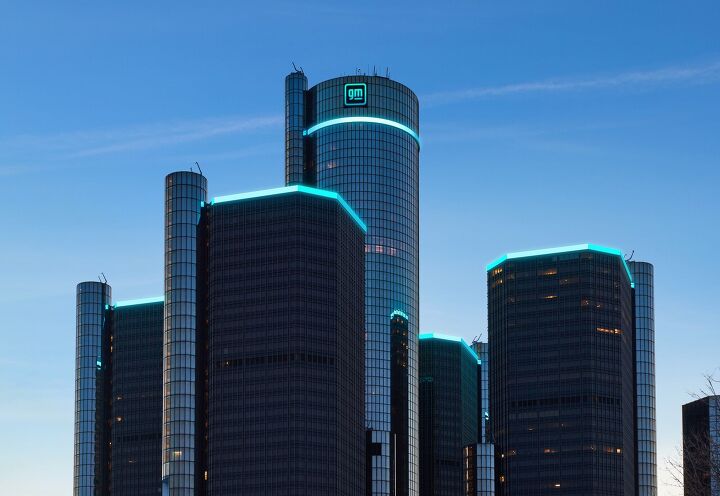
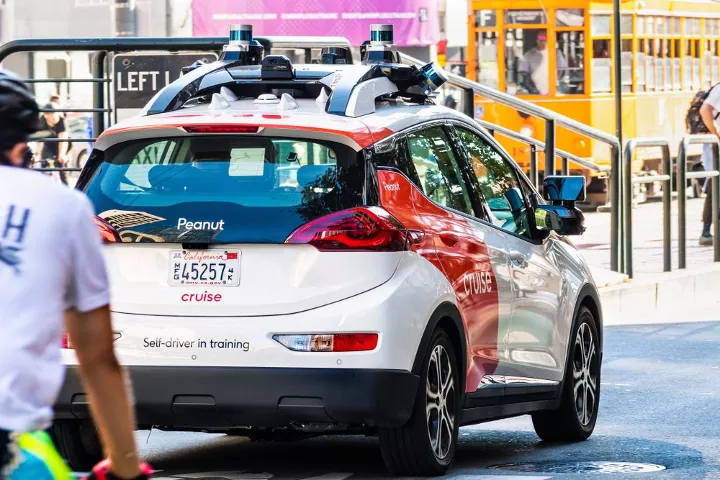
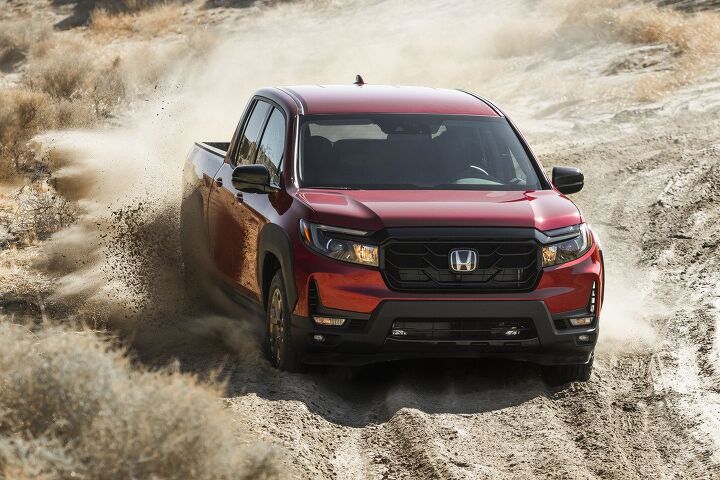

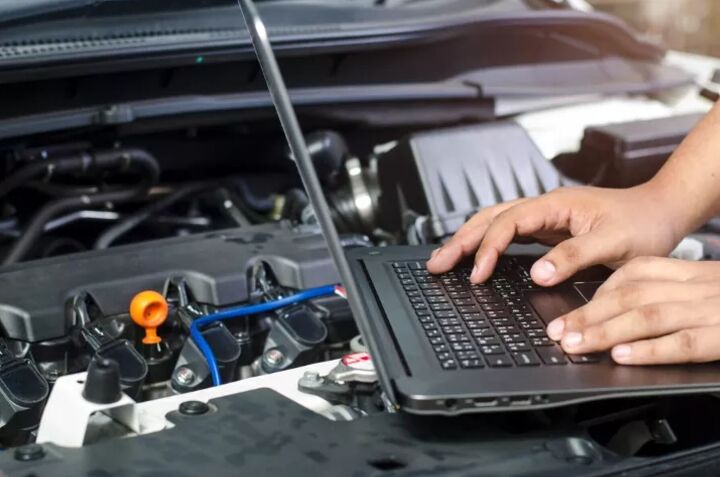
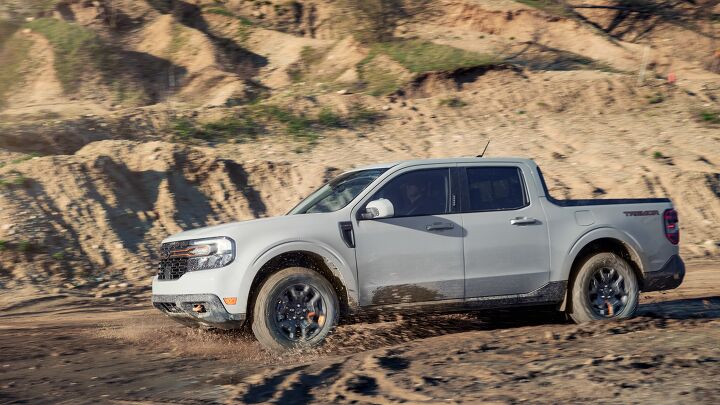

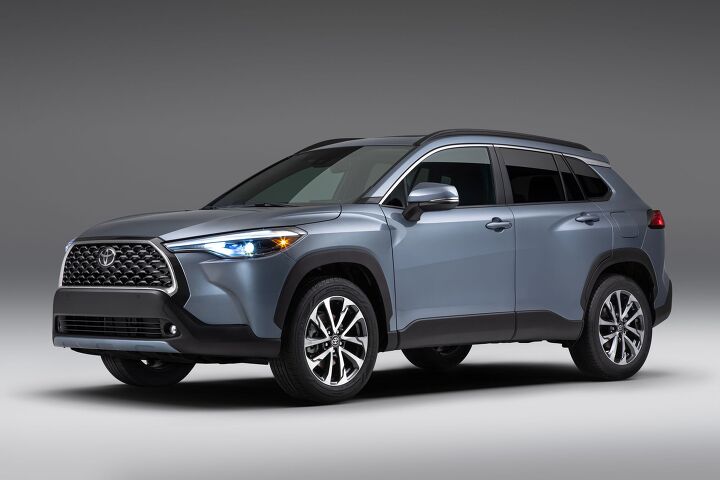

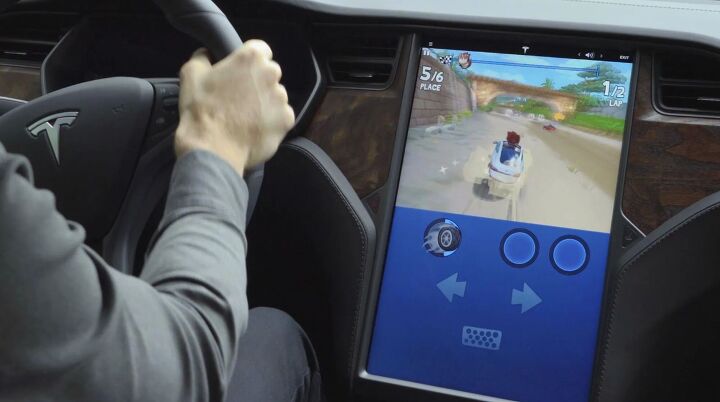

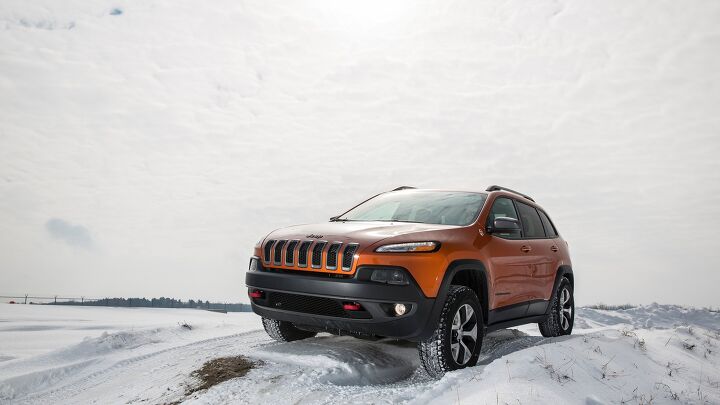
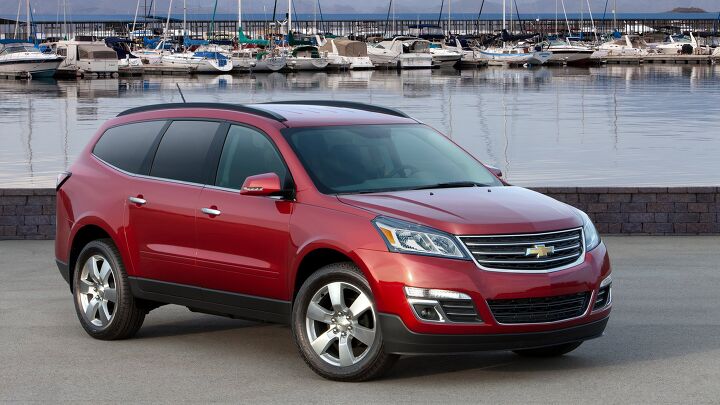
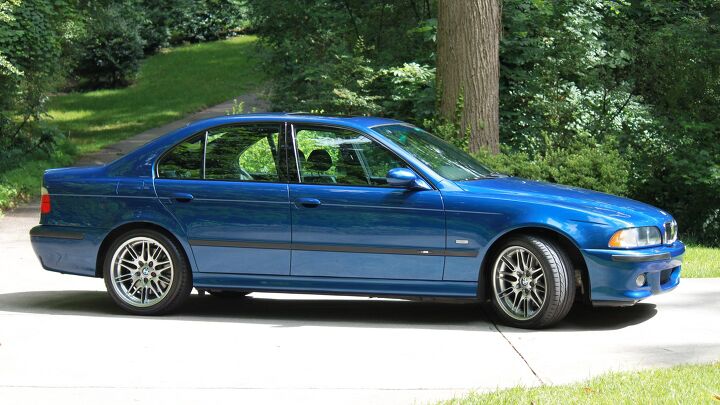
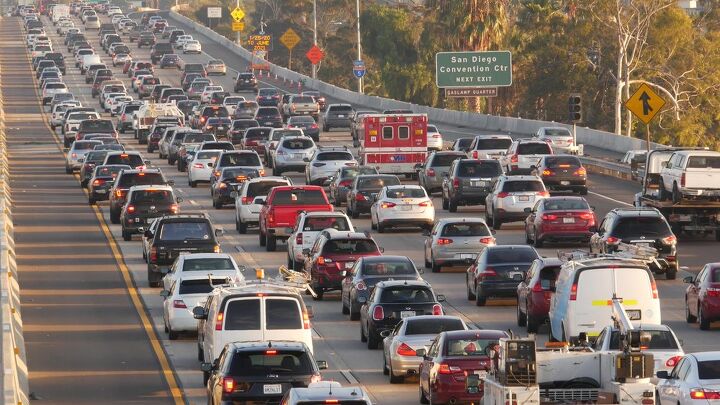












Recent Comments